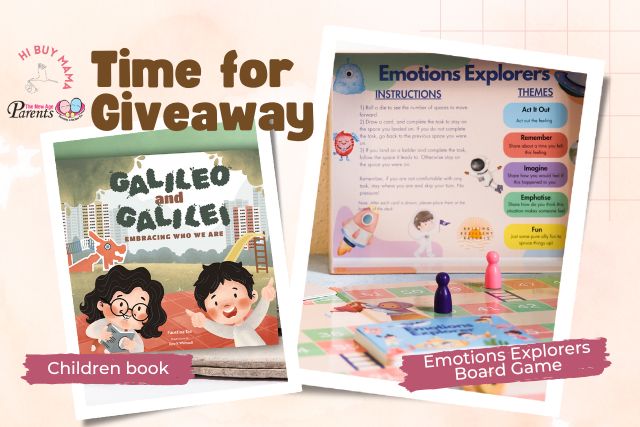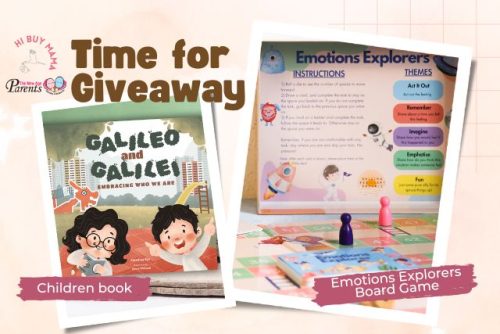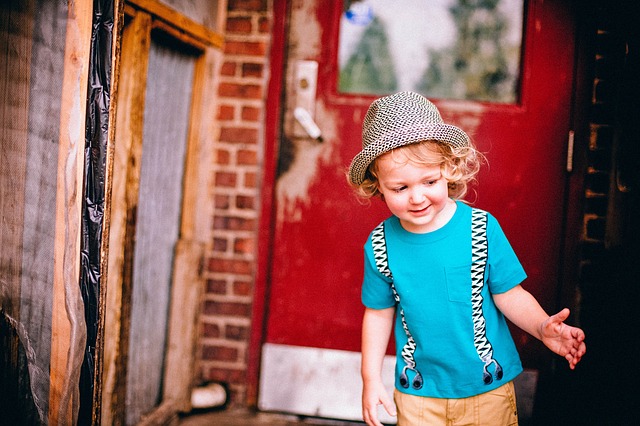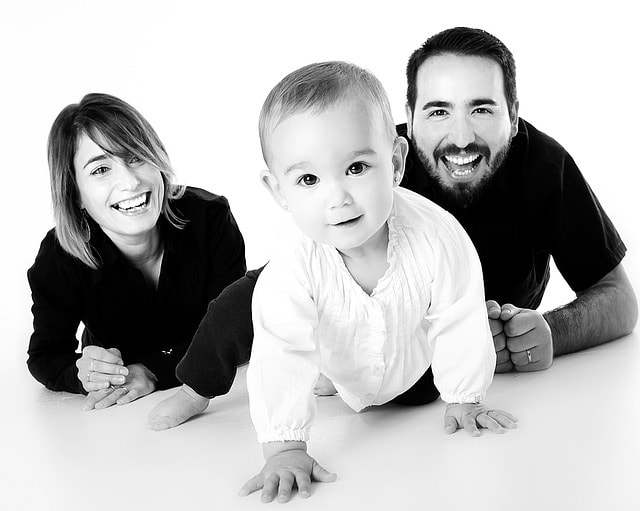We all want our children to have friends. They don’t have to be Mr or Ms Popular, for sure, but we’d like it if they had at least a couple of close friends at school. The problem is, sometimes the very same kids our child enjoys mixing with just don’t click with us. We would really much rather he hung out with company we approve of – the ‘good’ kids, because we’ve heard enough about peer pressure to know we want all the good influence we can get!
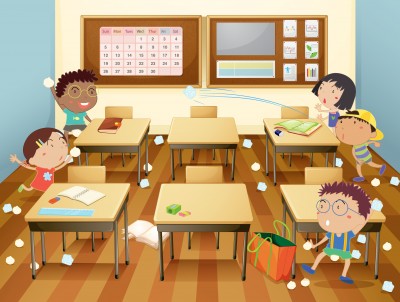
While friendship opportunities in early childhood are mostly controlled by the parent – for example the children of your friends, or kids from his playgroup, your child will quickly begin to start choosing his or her own friends once he’s of school-going age. Common interests, similar values and personality types will likely be some of his main criteria as to who is his ‘friend’.
By the later primary years, your tween will begin to place more weight on his peers’ opinion than on mum’s and dad’s. This can be particularly unnerving for parents who are naturally protective and used to controlling most aspects of their child’s lives.
What’s a parent to do if your child is hanging out with kids you don’t approve of, whose values and upbringing don’t match your own? You want to give him the freedom to choose his friends, without throwing his values, morals and convictions out of the window. It’s a tough dilemma that you’re bound to face, sooner or later.
Here are some tips for navigating the road ahead.
1. Don’t judge a book by its cover
Get to know your child’s friend. Don’t base your judgment on first impressions. He might seem rowdy and violent, but that could be more a sign of a high energy personality and boredom than an innate desire to wreak havoc or cause bodily harm. She might talk a lot about boys, not because she’s into them (at the tender age of four) but because her teenage big sister is always talking about her latest crush. Conversely, kids who appear clean and innocent may be masking inner turmoil and deep-rooted issues.
2. Don’t forbid the friendship
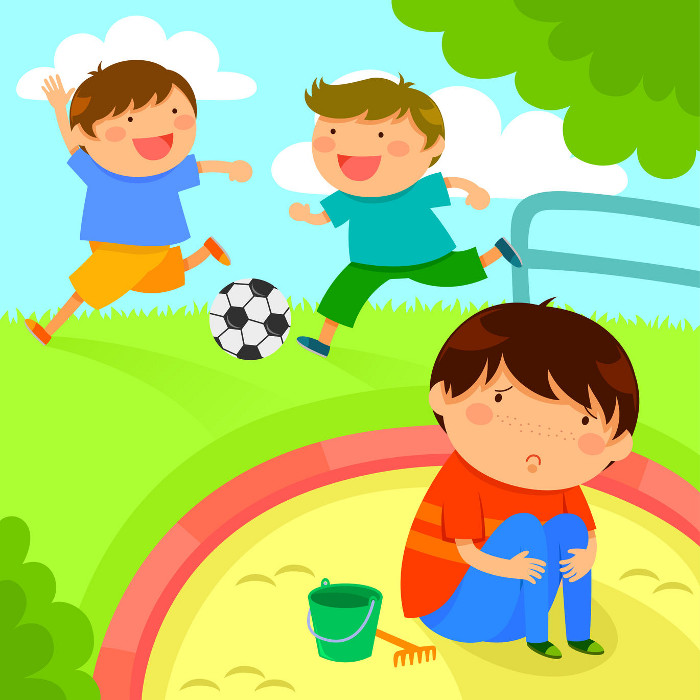
No one, even little kids, like being told what to do against their wishes. You may feel the need to manage your child’s choice of friends in a bid to gain control of her exposure to “social evils”, but you’re not doing your kid any favours in the long run by doing that. Instead of telling your child what to do, a much healthier way is to coach her through thinking about the kinds of friends that matter to her. She needs to learn how to cope with different types of people, deal with peer pressure, decide on what good friends should be like, and make all kinds of decisions about her relationships. Effective training starts early.
3. Set expectations and limits
Set consistent and clear expectations about what’s acceptable and what’s not, based on your family’s rules, beliefs and values. Set consequences for breaking these rules. For example, Tim can come over to play computer games if the computer time is limited to an hour, and only after homework is completed.
It can also be helpful to set some rules about where and how your child and his friend can interact. For example, your daughter’s friend, Amy, is welcome to stay overnight during the holidays, but your daughter can’t sleep over at Amy’s place.
4. Understand the connection
Kids choose friends for specific reasons, and it can be insightful to explore what those reasons are. It could be loneliness or an attitude projected by the friend, or the lifestyle that he enjoys, or the things she can do (like dance ballet). Take the first step to find out what draws your child to that friend.
➡️ Related Read: Ballet Classes For Kids in Singapore
Do remember that kids may just “try on” friends for a while to see who fits, then move on. Sometimes, they may choose friends with traits they feel they lack and admire. Other times they may choose friends who seem very similar to them.
#5 Focus on the behaviour

Understand what it is about the other child that you take issue with. Many times it’s the behavior that puts you off in some way. Seek to understand what could be the motivating force for this behavior – eg. family issues, low self-esteem, bad role models, past experiences etc.
Point out the facts to your child by asking thought-provoking questions – “Does Sarah lie about stuff a lot? I wonder how you can tell when she’s telling the truth?” and giving options – “If you don’t like Sarah lying to you, you can tell her to stop. Or always check the truth with someone else if you’re not sure she’s being honest about it”.
By Dorothea Chow.
* * * * *
Looking to reach over 100,000 parents in Singapore? Let us amplify your message! Drop your contact details here, and we’ll reach out to you.
Discover exciting family-friendly events and places to explore! Join our Telegram channel for curated parenting recommendations.













